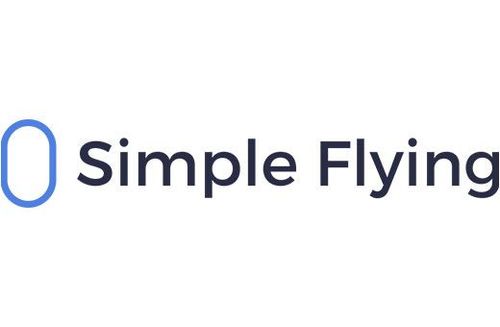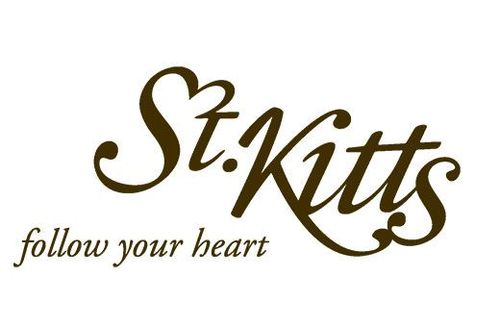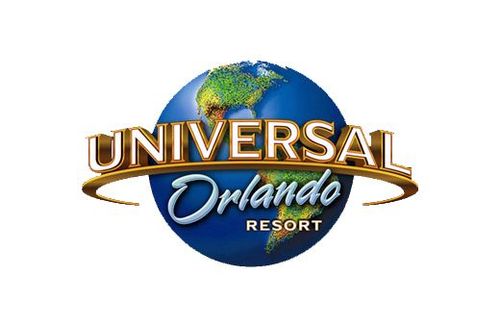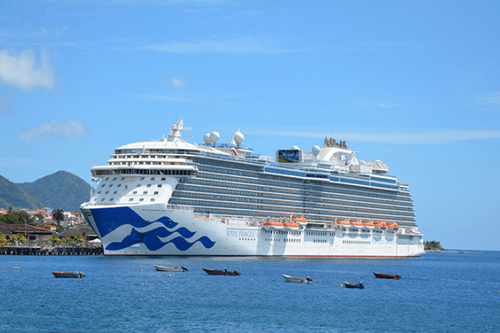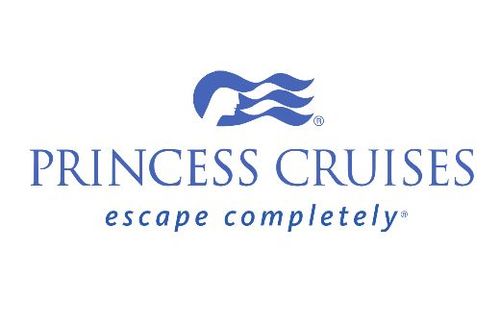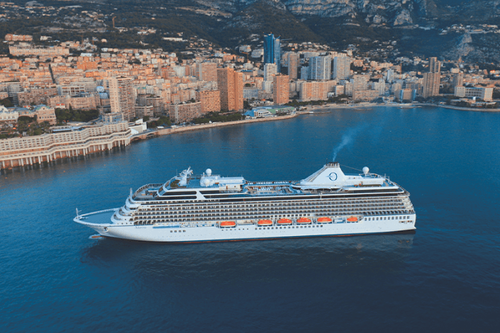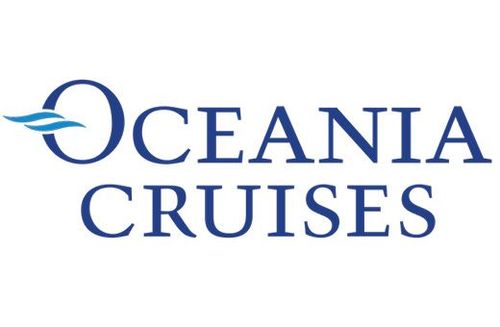Where travel agents earn, learn and save!
News / EU backs changing slot rules that have caused ghost flight row
The EU has found itself in the middle of a heated debate concerning airport slot usage and the increasing number of so-called ‘ghost flights’ operating in Europe
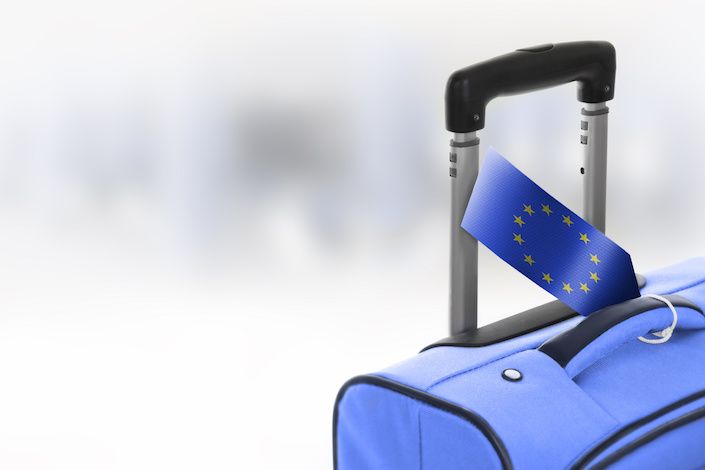
The EU has found itself in the middle of a heated debate concerning airport slot usage and the increasing number of so-called ‘ghost flights’ operating in Europe. After last week’s news regarding the thousands of empty flights that German flag carrier Lufthansa will have to operate, the European Union has defended its rules as being reasonable.
How have the rules changed?
Airport slot usage was a contentious issue long before the coronavirus pandemic struck. Even Europe’s largest airports are constrained in terms of capacity. As a result, traffic at these facilities is carefully regulated by the slots assigned to airlines. At congested hubs like London Heathrow, these can cost prospective users (the airlines) tens of millions of dollars.
Before the onset of the global health crisis in 2020, slots were regulated using the 80:20 rule. Known as ‘use it or lose it,’ this principle required slot holders to operate the flights in question at least 80% of the time. However, in light of the sudden drop in demand, slot waivers widely replaced the 80:20 rule to account for the unpredictable market.
But usage quotas regarding airline slots are rising again. The EU has upped the minimum usage rate for airlines to keep their slots to 50%. This will increase once again to 64% in the summer. However, while airlines are beginning to recover, traffic may not yet be high enough to reach these quotas without loopholes.
The Lufthansa Group has been hit hard
The loophole in question is the operation of ‘ghost flights.’ This term refers to flights that serve a route without carrying any passengers, with the sole purpose of retaining the slot in question. As Simple Flying reported recently, the Lufthansa Group may need to operate thousands of these across its member airlines. Its CEO, Carsten Spohr, commented that:
“We will have to carry out 18,000 extra, unnecessary flights, just to secure our take-off and landing rights.”
The news drew criticism on an environmental front, with Spohr’s wording also reflecting his own frustration. However, Bloomberg reports that European Commission spokesman Stefan De Keersmaecker has come out in defense of the rule changes, calling them “very reasonable.” He added that “it cannot be argued that the EU rules oblige the airline to fly.”
Criticism from Ryanair
Interestingly, De Keersmaecker also stated today that, should an airline be unable to meet the newly-raised quota on a given route, they can apply for an exception from the rules. In any case, the potential of Lufthansa having to operate so many ghost flights wasn’t just criticized by the environmental lobby, but also by Ryanair CEO Michael O’Leary. He stated:
“The solution to Lufthansa’s ‘ghost flights’ problem is a simple one – just sell these seats to consumers. Lufthansa loves crying crocodile tears about the environment when doing everything possible to protect its slots.”
O’Leary also claimed that this strategy “blocks competition and limits choice.” However, Ryanair itself isn’t a perfect role model on this matter, having also operated ghost flights at the start of the crisis. In any case, it will be interesting to see how the situation develops.



